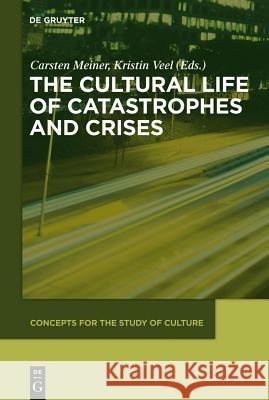The Cultural Life of Catastrophes and Crises » książka
The Cultural Life of Catastrophes and Crises
ISBN-13: 9783110282832 / Angielski / Twarda / 2012 / 330 str.
Catastrophes and crises are exceptions. They are disruptions of order. In various ways and to different degrees, they change and subvert what we regard as normal. They may occur on a personal level in the form of traumatic or stressful situations, on a social level in the form of unstable political, financial or religious situations, or on a global level in the form of environmental states of emergency. The main assumption in this book is that, in contrast to the directness of any given catastrophe and its obvious physical, economical and psychological consequences our understanding of catastrophes and crises is shaped by our cultural imagination. No matter in which eruptive and traumatizing form we encounter them, our collective repertoire of symbolic forms, historical sensibilities, modes of representation, and patterns of imagination determine how we identify, analyze and deal with catastrophes and crises.This book presents a series of articles investigating how we address and interpret catastrophes and crises in film, literature, art and theory, ranging from Voltaire's eighteenth-century Europe, haunted by revolutions and earthquakes, to the 1994 genocide in Rwanda to the bleak, prophetic landscapes of Cormac McCarthy.











